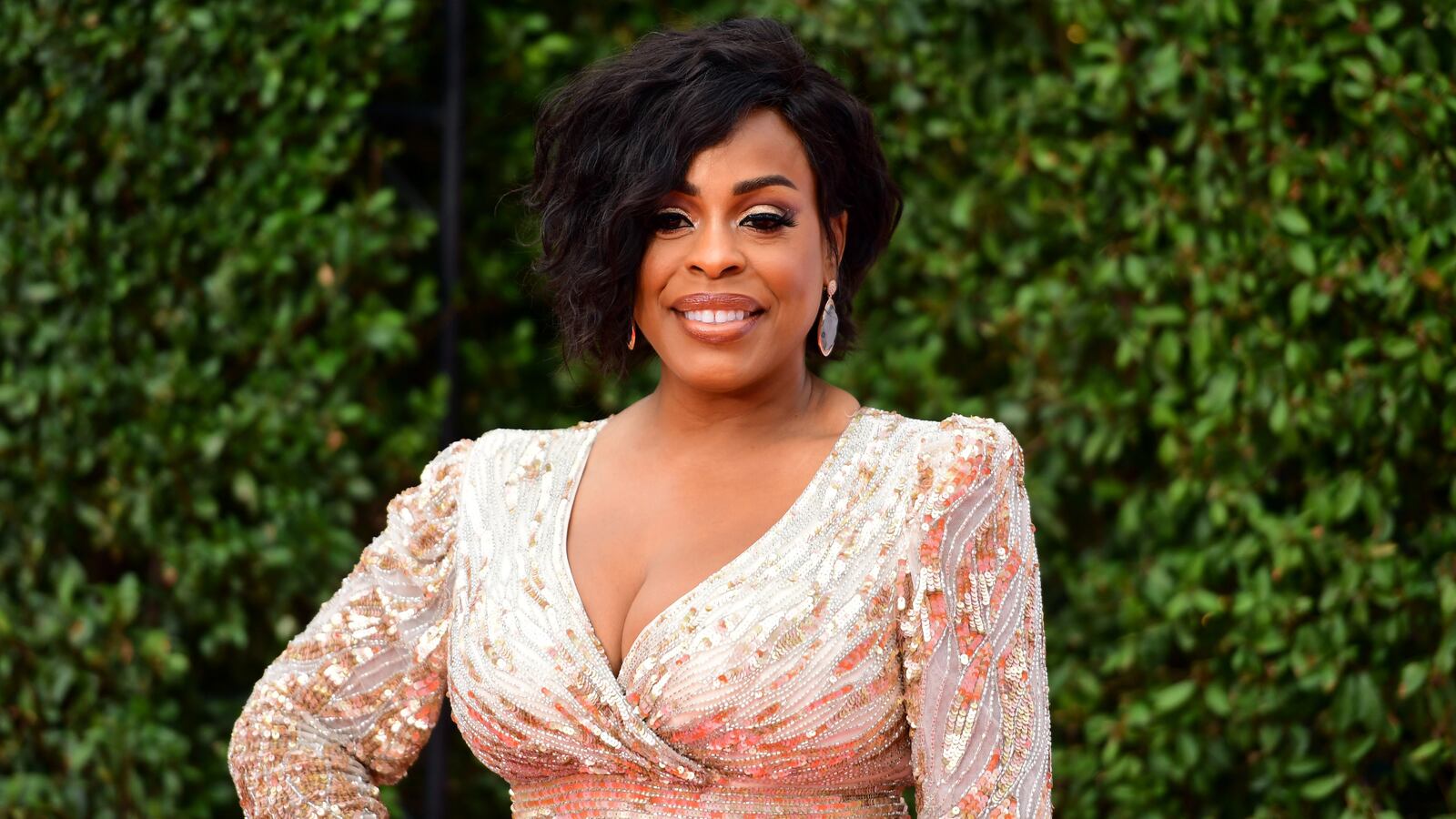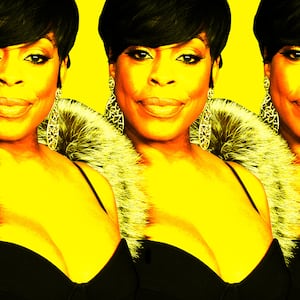Last Sunday, police pulled over Niecy Nash’s son for a rolling stop—and from there, the actress said, things got scary.
After pulling over her son, Nash told The Hollywood Reporter, police “proceeded to question him and ask him, ‘You have on a T-Mobile shirt. Do you work there? Because if you do, how did you afford this car? Because this is a 2020.’”
“They don’t know if he was a manager,” Nash continued. “They don’t know if he was an owner. They don’t know if he had a rich mama. But what they probably felt like was, ‘How did this young black boy get a car that I don’t even have?’ And we fitting to make you suffer for it.”
THR spoke with Nash as part of its “How I’m Living Now” series, which at first interviewed celebrities about how they’re coping with the novel coronavirus but has expanded in recent weeks to include discussion of the Black Lives Matter protests that have swept the nation.
During her interview, Nash said these times have left her somewhat at a loss.
“[W]hile I receive phone calls where people are saying, ‘What can white people do? What can non-black people do?’ I’m trying to figure out what to tell my own son,” Nash said. “I used to say, if you just comply, get home, and if there was a wrong that happened, we’ll right it later. But now we watched a murder on national TV when George Floyd was murdered. I don’t know because he complied. He was in handcuffs. He was on the ground with his hands behind his back. So I don’t even know.”
One thing Nash made clear, however, is that anyone hoping to be an ally to the black community right now should look inward, rather than ask the black community for advice.
“It isn’t the responsibility of the oppressed to tell the oppressor what to do and how to right the wrong,” Nash said. “So my suggestion is you need to ask non-black people what they can do. Are they fighting for equal pay? When they come on these sets, are they making people feel welcome? How are they moving in these scripts and when they look at how people are depicted?”
“Don’t call one more black person and ask them nothing about nothing,” Nash said. “You call the white people and ask them what they could do because black people, by definition, can’t be racist because we’re not the ones in power.”







